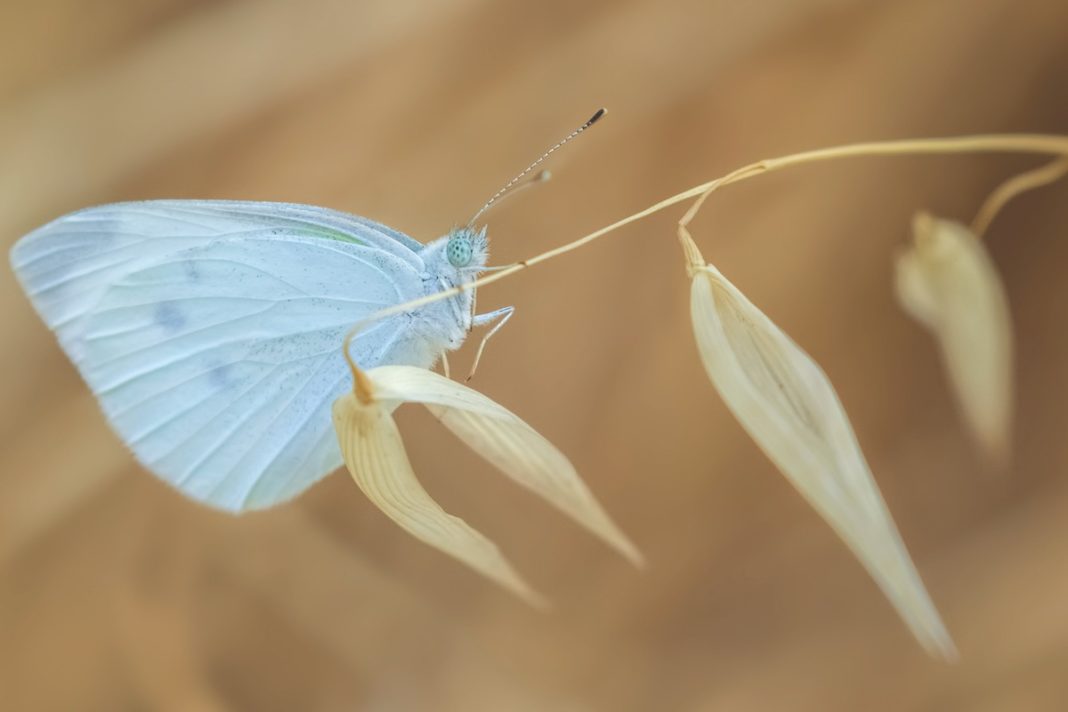The Society for the Protection of Nature in Lebanon (SPNL) has embarked on a new and inspiring initiative with the creation of a butterfly garden and the establishment of a plant nursery at the Quranic and Biblical Gardens. This project is designed to honor the natural beauty described in sacred texts, providing a tranquil space for spiritual reflection and promoting biodiversity through the support of delicate creatures, such as butterflies.
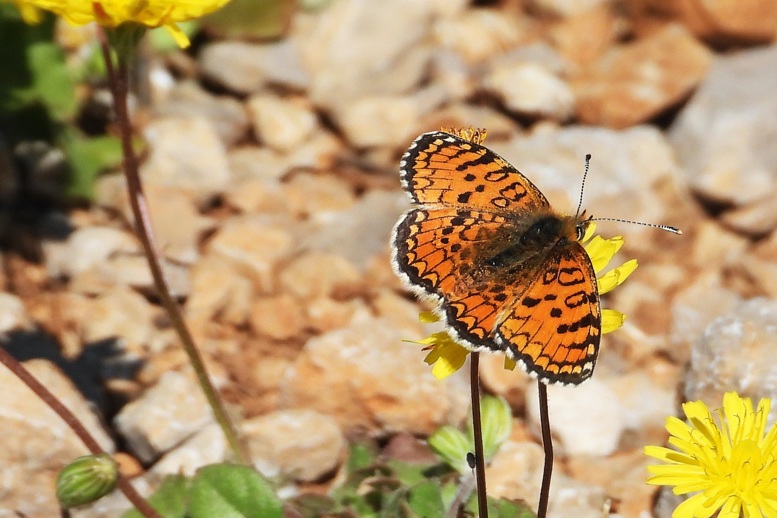
The Quranic and Biblical Gardens, renowned for their serene landscapes and symbolic importance, will now serve as a sanctuary where nature and spirituality intertwine. The butterfly garden aims to foster a peaceful environment that attracts and nurtures butterfly species, offering an ideal setting for visitors to connect with both nature and their inner peace. By integrating ecological preservation with spiritual values, this garden will not only enhance the natural beauty of the area but also highlight the cultural and environmental significance of Lebanon’s natural heritage.
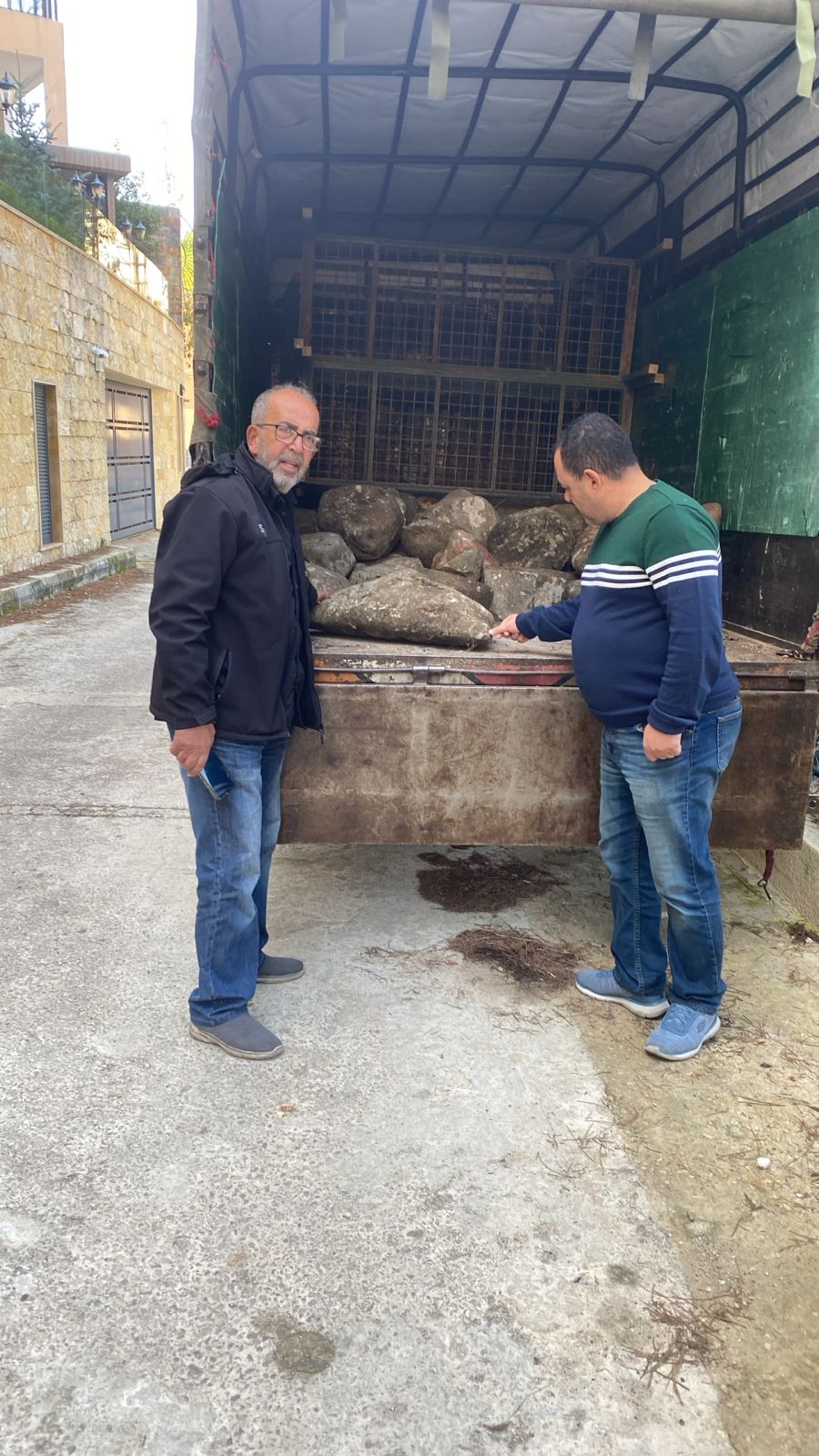
The plant nursery is another critical component of this initiative. It will serve as a vital resource for cultivating native plants, contributing to local conservation efforts and supporting the restoration of ecosystems across Lebanon. By producing a variety of indigenous plants, the nursery will play a key role in the restoration of habitats that are crucial for the survival of Lebanon’s diverse wildlife.
This project is a continuation of SPNL’s ongoing efforts to promote environmental conservation through its successful programs such as HIMA for Peace, Homat al-Hima, Hima Trails, and Schools with No Walls (SNOW). These initiatives have been instrumental in engaging local communities in the protection of natural resources and raising awareness about the importance of preserving Lebanon’s ecosystems. The signing of the Hima Charter by eight municipalities has further solidified the commitment of local authorities to the Hima movement, a traditional model of community-based conservation that SPNL has worked tirelessly to revitalize.
Especially in the wake of the challenges posed by the recent war, SPNL’s new initiatives represent a message of hope and resilience. By focusing on the protection of nature and wildlife, SPNL aims to unite communities around shared values of peace and environmental stewardship. The organization continues to advocate for sustainable practices that support both the recovery of ecosystems and the wellbeing of the people who rely on them.
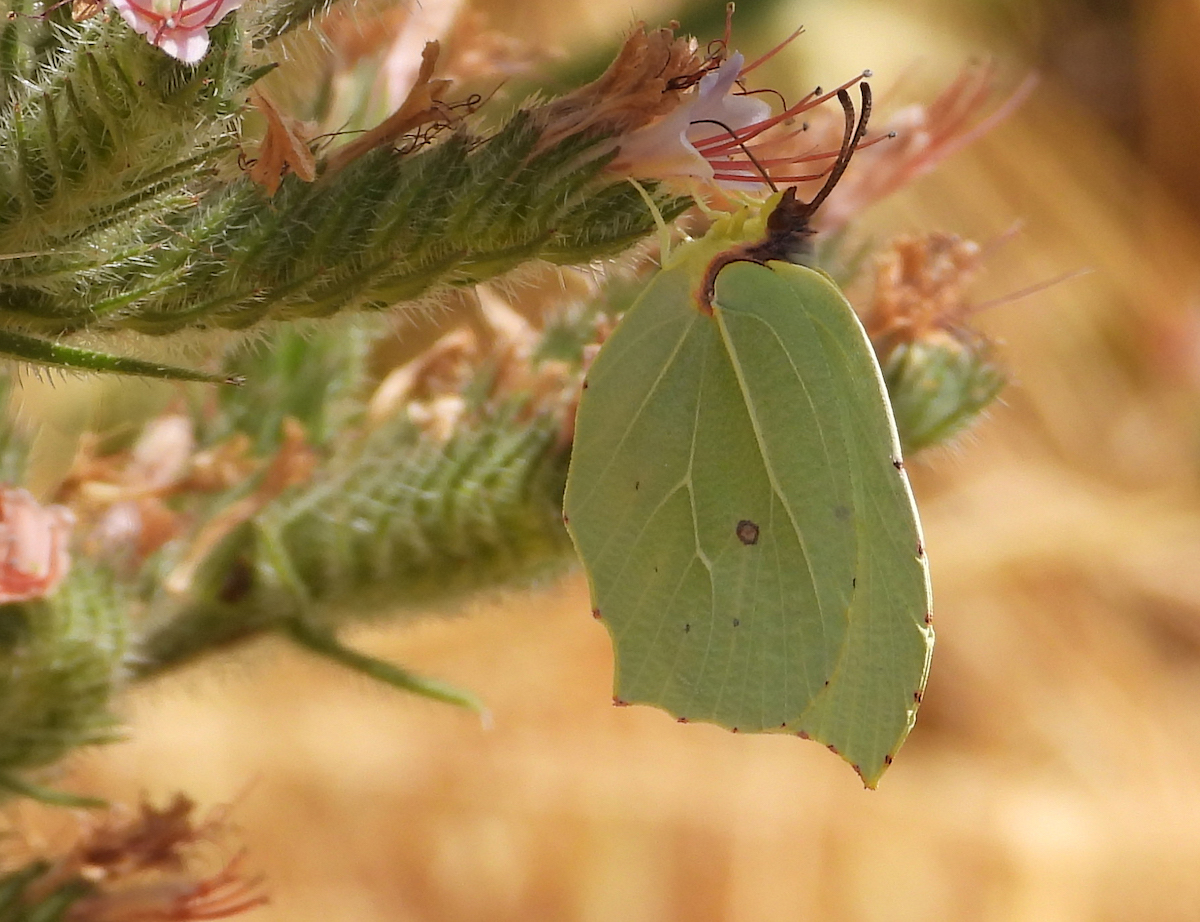
“As we resume our efforts to promote peace and environmental conservation, we remain deeply committed to supporting the communities that have been affected by the hardships of war,” Said Assad Serhal, the Director General of Society for the Protection of Nature in Lebanon – SPNL (Birdlife Lebanon), and one of the winners of the 2018 MIDORI Prize for Biodiversity. “This butterfly garden and plant nursery are not just symbolic of our continued dedication to nature’s beauty, but also a beacon of hope for a brighter, more peaceful future.”
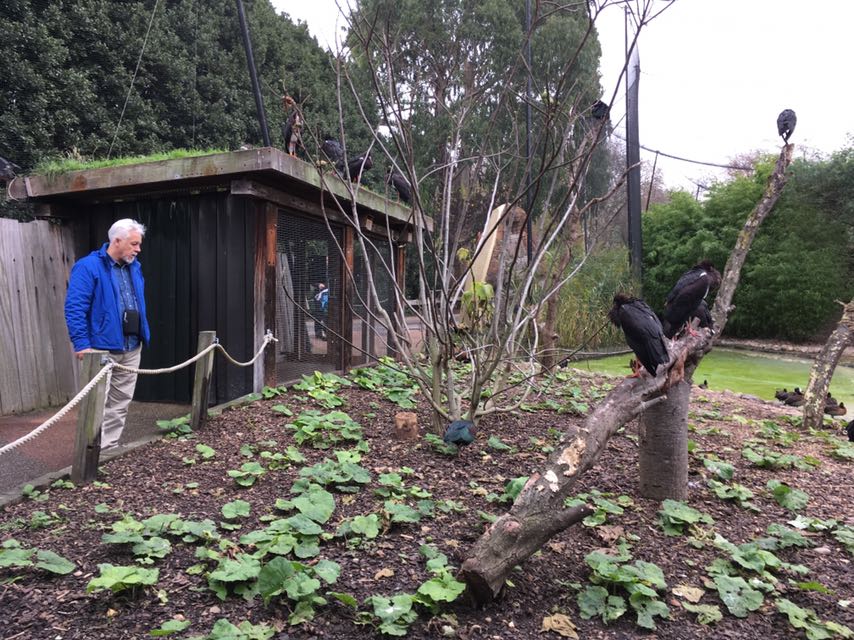
The butterfly garden and plant nursery will be open to visitors, inviting them to experience the beauty of nature while reflecting on the deep spiritual connections that bind humanity and the environment. Through this initiative, SPNL hopes to inspire a renewed sense of reverence for the natural world and encourage more people to take an active role in protecting Lebanon’s unique biodiversity.
Managing a butterfly garden is crucial for conserving biodiversity and promoting environmental sustainability. These gardens serve as vital habitats for butterflies, many of which are endangered due to habitat loss and climate change. By maintaining a butterfly garden, we support pollination, as butterflies play a key role in the reproductive cycle of numerous plants, contributing to food security and ecosystem balance. Effective management ensures the garden provides the necessary host plants for caterpillars and nectar-rich flowers for adult butterflies, fostering a thriving ecosystem. Moreover, butterfly gardens serve as educational and recreational spaces, raising awareness about the importance of protecting pollinators and inspiring communities to take part in conservation efforts. By nurturing these gardens, we create a sanctuary for butterflies while promoting ecological harmony and connecting people with nature.


